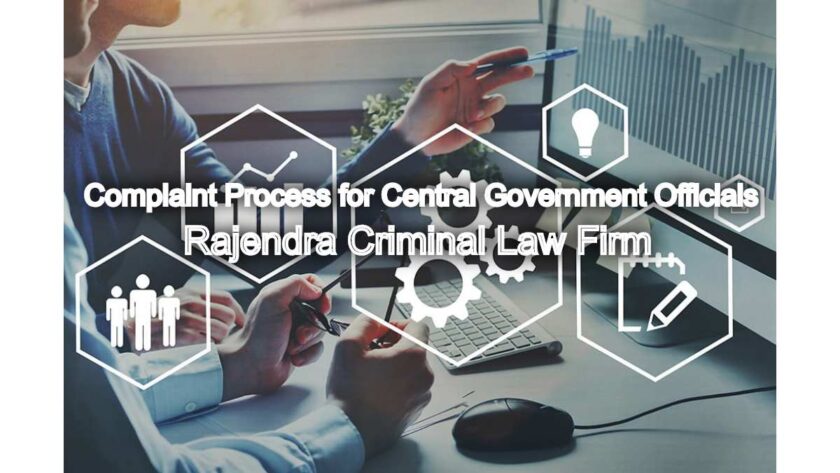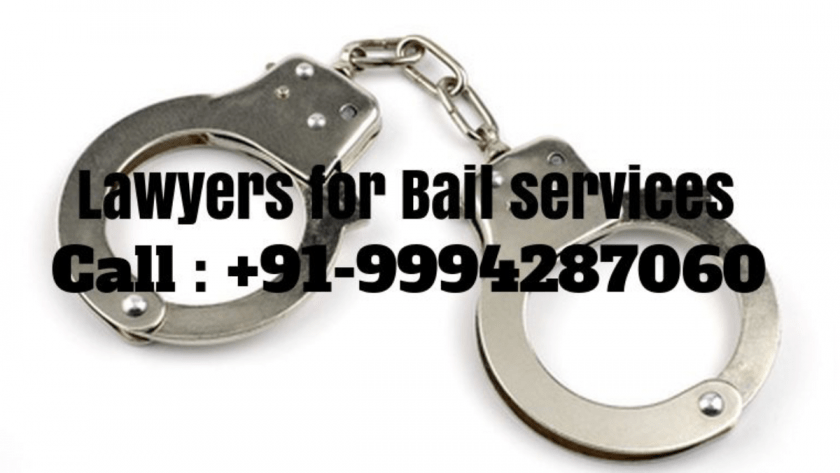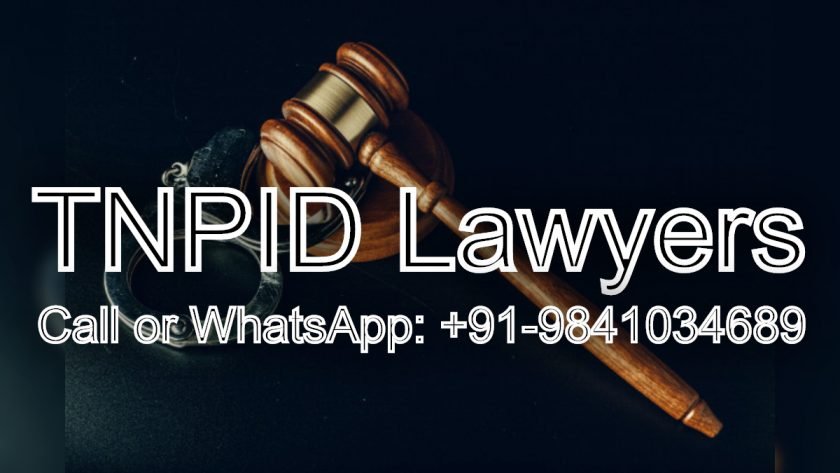Reporting Misconduct: In a democratic society, public trust in government institutions is paramount. Consequently, a robust system for addressing misconduct by central government officials is essential for maintaining this trust and ensuring accountability. This article provides a comprehensive guide to the complaint process for reporting misconduct by these officials. Furthermore, it highlights the crucial role of legal counsel, particularly the Rajendra Criminal Law Firm, in navigating this complex process.
Reporting Misconduct: Complaint Process for Central Government Officials: Rajendra Criminal Law Firm
Understanding Misconduct
First and foremost, misconduct by central government officials encompasses a wide range of actions. Specifically, it includes violations of the law, such as bribery, corruption, fraud, and misuse of public funds. Additionally, it extends to unethical behavior, such as abuse of power, conflict of interest, and discrimination. Moreover, it can also involve neglect of duty, dereliction of responsibility, and other forms of malfeasance.
The Importance of Reporting Misconduct
Undeniably, reporting misconduct is crucial for several reasons. Primarily, it helps to uphold the integrity of government institutions. Secondly, it protects public resources from being misused. Thirdly, it ensures that officials are held accountable for their actions. Finally, it fosters a culture of transparency and accountability within the government.
Who Can Report Misconduct?
Significantly, anyone can report misconduct by a central government official. This includes citizens, employees, other government officials, and even members of the media. Essentially, anyone who has credible information about misconduct has a responsibility to report it.
Channels for Reporting Misconduct
Furthermore, several channels are available for reporting misconduct. Initially, individuals can file a complaint with the concerned department or ministry. Subsequently, they can approach the Central Vigilance Commission (CVC), an independent body tasked with addressing corruption and misconduct. Additionally, they can file a First Information Report (FIR) with the police if the misconduct involves a criminal offense. Moreover, they can also approach the courts through a writ petition.
The Complaint Process
Specifically, the complaint process typically involves several steps. Initially, the complainant must submit a written complaint, providing details of the alleged misconduct, including the names of the officials involved, the nature of the misconduct, and any supporting evidence. Next, the concerned authority will conduct a preliminary inquiry to assess the veracity of the complaint. Subsequently, if the inquiry reveals substance in the allegations, a formal investigation will be launched. Finally, based on the findings of the investigation, appropriate action will be taken, which may include disciplinary action, criminal prosecution, or both.
Protecting the Whistleblower
Moreover, protecting the whistleblower is of paramount importance. The government has enacted laws and policies to safeguard individuals who report misconduct from retaliation or harassment. Consequently, confidentiality is maintained to the extent possible, and whistleblowers are often granted immunity from prosecution for disclosing information about misconduct.
Role of the Central Vigilance Commission (CVC)
Particularly, the CVC plays a crucial role in addressing corruption and misconduct. It has the power to investigate allegations of corruption, recommend disciplinary action against corrupt officials, and prosecute criminal offenses. Furthermore, the CVC also plays a preventive role by promoting transparency and integrity in government functioning.
Legal Recourse for Complainants
Additionally, complainants have legal recourse if their complaints are not addressed properly. They can approach the courts for appropriate relief, including directions for investigation or prosecution. Moreover, they can also seek compensation for any harm suffered as a result of reporting misconduct.
The Importance of Evidence
Undeniably, strong evidence is crucial for proving misconduct. This evidence may include documents, witness statements, audio or video recordings, and other relevant materials. Therefore, it is essential for complainants to gather and preserve any evidence they have related to the alleged misconduct.
Confidentiality and Anonymity
Equally important, maintaining confidentiality and anonymity is often vital for whistleblowers. Many individuals are hesitant to report misconduct for fear of reprisal. Consequently, mechanisms are in place to allow for anonymous reporting, and authorities are obligated to protect the identity of whistleblowers to the extent possible.
The Rajendra Criminal Law Firm: Advocates for Justice
Specifically, the Rajendra Criminal Law Firm stands as a trusted advocate for individuals seeking to report misconduct by central government officials. With a team of experienced criminal law professionals, the firm provides comprehensive legal guidance and representation throughout the complaint process. Furthermore, their expertise encompasses all aspects of criminal law, including anti-corruption laws, white-collar crime, and related offenses.
Moreover, the firm’s commitment to justice and their deep understanding of the legal framework governing misconduct make them a valuable partner for individuals seeking to expose wrongdoing. Additionally, their experience in handling sensitive and complex cases ensures that clients receive effective and personalized legal representation.
Navigating the Legal Complexities
Undeniably, reporting misconduct can be a complex and challenging process. It often involves navigating intricate legal procedures, dealing with powerful individuals or organizations, and facing potential risks. Therefore, having experienced legal counsel is essential to protect your rights and ensure that your complaint is handled properly.
Protecting Your Rights
Moreover, the Rajendra Criminal Law Firm is dedicated to protecting the rights of whistleblowers and complainants. They provide guidance on the legal implications of reporting misconduct, assist with gathering and preserving evidence, and represent clients in legal proceedings. Likewise, they work tirelessly to ensure that those who report misconduct are not subjected to retaliation or harassment.
Frequently Asked Questions about Reporting Misconduct by Central Government Officials
Anyone can report, including citizens, employees, other officials, and even media. Essentially, anyone with credible information.
Misconduct includes legal violations (bribery, corruption, fraud), unethical behavior (abuse of power, conflict of interest, discrimination), and neglect of duty.
You can file a complaint with the concerned department/ministry, the Central Vigilance Commission (CVC), the police (FIR for criminal offenses), or approach the courts.
A preliminary inquiry is conducted. If the allegations have merit, a formal investigation follows. Based on the investigation’s findings, action is taken (disciplinary action, prosecution, etc.).
Yes, whistleblower protection laws exist. Confidentiality is maintained where possible, and whistleblowers are often protected from retaliation.
Conclusion
In conclusion, reporting misconduct by central government officials is essential for maintaining public trust and ensuring accountability. The complaint process, while sometimes complex, provides avenues for individuals to expose wrongdoing and seek justice. The Rajendra Criminal Law Firm, with its expertise in criminal law and its commitment to client advocacy, stands ready to assist individuals in navigating this process and protecting their rights. Therefore, if you have information about misconduct by a central government official, do not hesitate to seek legal counsel and report it. Ultimately, upholding the integrity of government institutions requires the vigilance and courage of individuals willing to come forward and expose wrongdoing.
Read More
- Standing with Victims: Vigorous Representation in Rape Cases
- Sexual harassment: The police officer appeared before CB-CID
- Land scam: High Court asks 3 officials to appear before CB-CID cops
- Corruption Cases: How to hire a good Criminal Lawyer?
- How to File a Complaint Against Central Government Officers: A Step-by-Step Guide
- Central Vigilance Commission (CVC):





